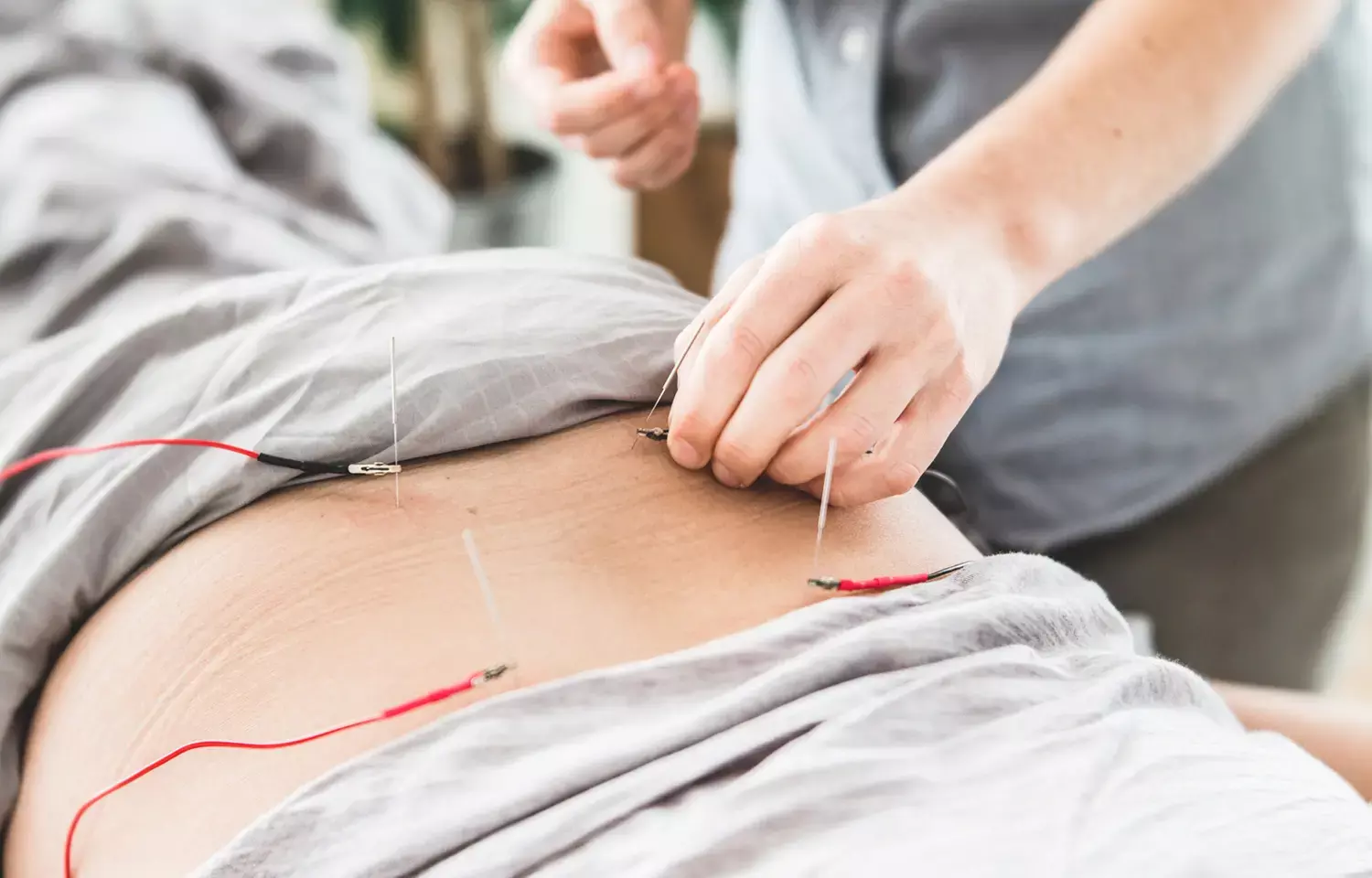- Home
- Medical news & Guidelines
- Anesthesiology
- Cardiology and CTVS
- Critical Care
- Dentistry
- Dermatology
- Diabetes and Endocrinology
- ENT
- Gastroenterology
- Medicine
- Nephrology
- Neurology
- Obstretics-Gynaecology
- Oncology
- Ophthalmology
- Orthopaedics
- Pediatrics-Neonatology
- Psychiatry
- Pulmonology
- Radiology
- Surgery
- Urology
- Laboratory Medicine
- Diet
- Nursing
- Paramedical
- Physiotherapy
- Health news
- Fact Check
- Bone Health Fact Check
- Brain Health Fact Check
- Cancer Related Fact Check
- Child Care Fact Check
- Dental and oral health fact check
- Diabetes and metabolic health fact check
- Diet and Nutrition Fact Check
- Eye and ENT Care Fact Check
- Fitness fact check
- Gut health fact check
- Heart health fact check
- Kidney health fact check
- Medical education fact check
- Men's health fact check
- Respiratory fact check
- Skin and hair care fact check
- Vaccine and Immunization fact check
- Women's health fact check
- AYUSH
- State News
- Andaman and Nicobar Islands
- Andhra Pradesh
- Arunachal Pradesh
- Assam
- Bihar
- Chandigarh
- Chattisgarh
- Dadra and Nagar Haveli
- Daman and Diu
- Delhi
- Goa
- Gujarat
- Haryana
- Himachal Pradesh
- Jammu & Kashmir
- Jharkhand
- Karnataka
- Kerala
- Ladakh
- Lakshadweep
- Madhya Pradesh
- Maharashtra
- Manipur
- Meghalaya
- Mizoram
- Nagaland
- Odisha
- Puducherry
- Punjab
- Rajasthan
- Sikkim
- Tamil Nadu
- Telangana
- Tripura
- Uttar Pradesh
- Uttrakhand
- West Bengal
- Medical Education
- Industry
Study finds Acupuncture to reduce itch in patients with Atopic Dermatitis

In a new study published in Clinical and Experimental Dermatology, acupuncture (ACU) has been shown to improve itching in people with atopic dermatitis (AD).
There was also a tendency toward less topical corticosteroid (TCS) administration in these individuals as a result of ACU and osteopathic medicine (OM), but no variations in disease severity were found. In addition to TCS, more than half of AD patients utilize complementary medicine, such as ACU and OM, to control their illness. Recent clinical investigations have revealed that ACU is responsible for lowering itch and improving disease severity in Alzheimer's disease. However, there is insufficient data about the potential advantages of OM in adult Alzheimer's disease. As a result, Gabriele Rotter and her colleagues performed this semi-standardized trial to assess the feasibility, efficacy, and cost-effectiveness of various therapies in individuals with Alzheimer's disease.
Adult patients with AD were randomly assigned to receive ACU, OM, or no study intervention using computer-generated block randomization, with patients providing written and oral informed permission prior to enrolment. Patients were recruited in the Berlin region using public transportation, digital, advertisements, and print media. Patients had to be between the ages of 18 and 65, have a diagnosis of Alzheimer's disease (AD), and have a Three-Item Severity Score (TIS) of 2 to 7, as well as an average reported itching severity of the skin between 40 and 80 mm on a visual analogue scale. This trial had no stated primary goal; however, general outcomes included disease severity as measured by SCORing Atopic Dermatitis (SCORAD), itching intensity (VAS), and TCS usage.
The key findings of this study were as follows:
1. The study comprised 121 patients with an average age of 31.4 years, 92 of whom were female.
2. Despite the fact that the adjusted mean SCORAD across all groups was similar, the scientists discovered a clinically significant difference in VAS itching between the ACU and control groups, and the responders by VAS itching analysis suggested that ACU and OM were preferred over the control group.
3. TCS usage also decreased in both treatment groups compared to controls. Aside from that, no further significant variations in ACU or OM were identified as compared to the controls.
In conclusion, future RCTs with a larger sample size and more intervention sessions should look at the effectiveness of ACU and/or OM for itching, TCS usage, and subjective skin condition, even in individuals with severe Alzheimer's disease.
Reference:
Rotter, G., Ahnert, M. W., Geue, A. V., Icke, K., Binting, S., Tissen‐Diabaté, T., Roll, S., Ortiz, M., Reinhold, T., Kass, B., Staab, D., Pfab, F., Willich, S. N., & Brinkhaus, B. (2022). Acupuncture and Osteopathic Medicine for Atopic Dermatitis – a Three‐armed Randomized Controlled Explorative Clinical Trial. In Clinical and Experimental Dermatology. Wiley. https://doi.org/10.1111/ced.15340
Neuroscience Masters graduate
Jacinthlyn Sylvia, a Neuroscience Master's graduate from Chennai has worked extensively in deciphering the neurobiology of cognition and motor control in aging. She also has spread-out exposure to Neurosurgery from her Bachelor’s. She is currently involved in active Neuro-Oncology research. She is an upcoming neuroscientist with a fiery passion for writing. Her news cover at Medical Dialogues feature recent discoveries and updates from the healthcare and biomedical research fields. She can be reached at editorial@medicaldialogues.in
Dr Kamal Kant Kohli-MBBS, DTCD- a chest specialist with more than 30 years of practice and a flair for writing clinical articles, Dr Kamal Kant Kohli joined Medical Dialogues as a Chief Editor of Medical News. Besides writing articles, as an editor, he proofreads and verifies all the medical content published on Medical Dialogues including those coming from journals, studies,medical conferences,guidelines etc. Email: drkohli@medicaldialogues.in. Contact no. 011-43720751


